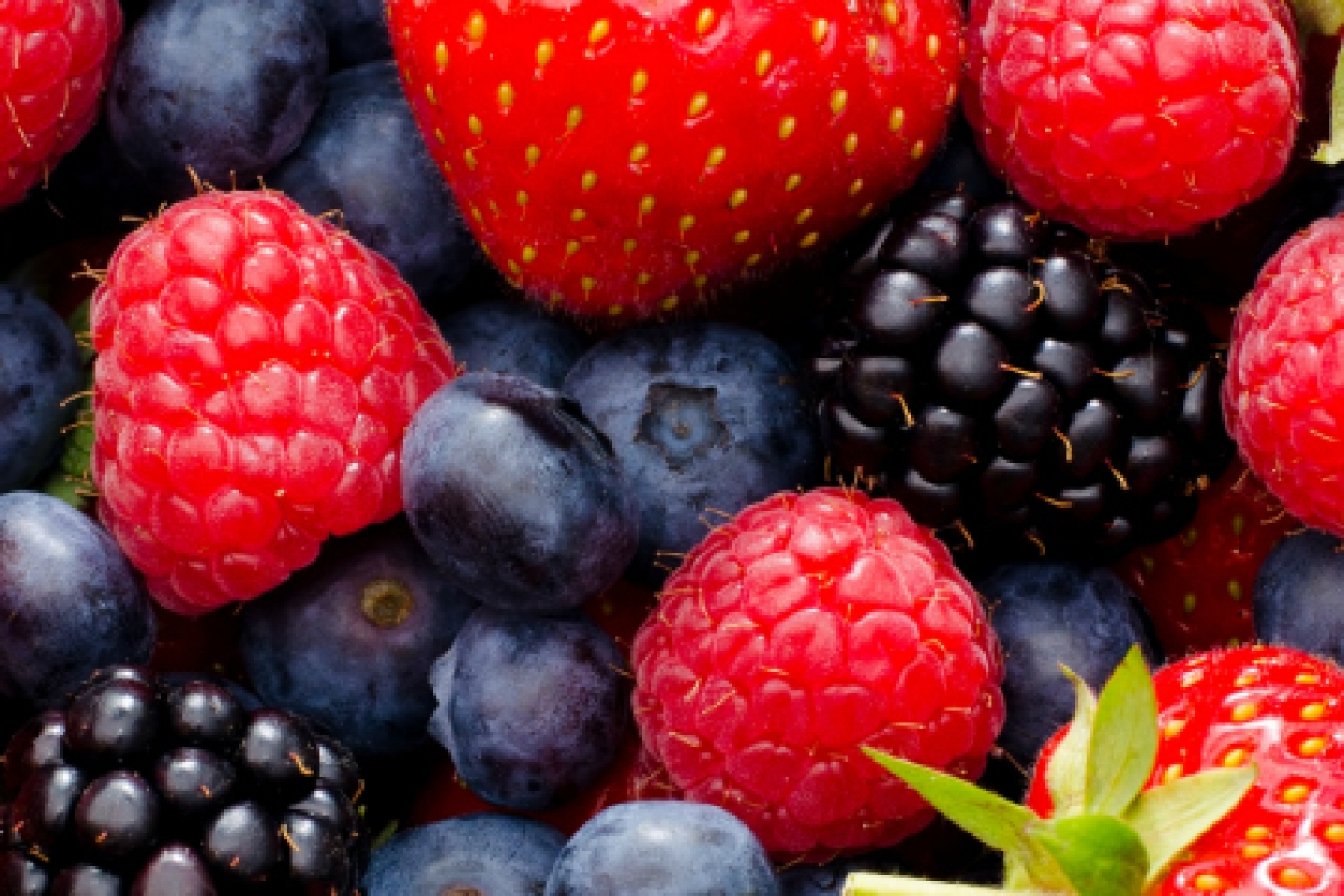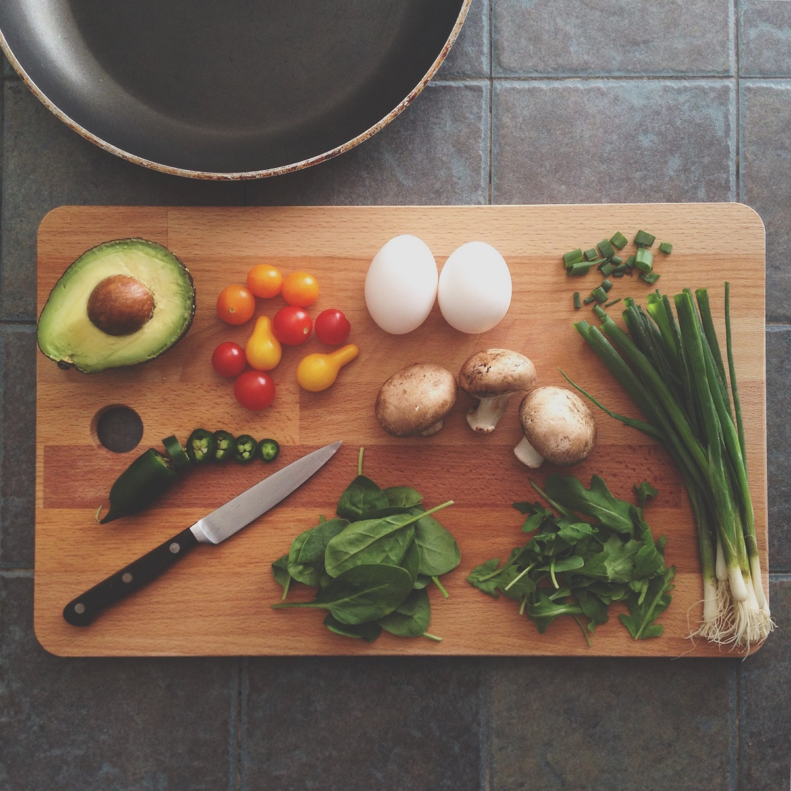
The link between diet and cancer prevention has often been viewed with skepticism or underestimated by the general public. Certainly, there is no “magic bullet” food that can absolutely protect a person from developing cancer. However, scientific research has shown significant, evidence-based benefits to consuming certain foods to help reduce one’s risk of cancer.
Over the last decade or so, “antioxidant” has become something of a buzz word in health and nutrition circles. Antioxidants are chemicals that neutralize other chemicals known as “free radicals” in the body. Free radicals are naturally occurring and, usually, are valuable in normal cell function, but they are also highly reactive and capable of harming cells when present at excessive concentrations.
Free radicals can become too highly concentrated as a result of various environmental sources, including radiation and toxins like cigarette smoke, certain metals, and even an excess of oxygen. When these free radicals exist in high concentrations, they can do damage to cell membranes, proteins, and even DNA. It’s this damage that’s thought to be related to the development of cancer cells.
Because antioxidants are naturally capable of neutralizing free radicals, the presence of antioxidants in a person’s diet may help to keep free radical levels down and, potentially, prevent the cell damage that could lead to cancer.
Examples of foods containing high amounts of antioxidants include1:
Another possible cancer prevention tool is a diet rich in vitamin D. Vitamin D isn’t one particular compound—it’s a group of fat-soluble chemicals that can be turned into hormones by the body. These chemicals are necessary for the absorption and use of calcium and phosphorus in the body, which is why a vitamin D deficiency can lead to bone conditions like rickets and osteomalacia.
Humans primarily require vitamin D2 and D3 for proper health. Vitamin D3 is the kind that we’re able to make when the skin is exposed to sunlight, while vitamin D2 is the kind that is made by plants. It’s this vitamin D2 that can play a big role in a cancer prevention diet.
Foods rich in vitamin D include2:

Of course, it’s important to remember that even though vitamin D is good, any substance can become toxic if ingested in excessive amounts. Always make sure to follow daily intake recommendations and try not to overdo it on supplements.
Whether or not you have a family history of cancer or are worried about your risk, it’s important to keep an eye on your overall health with a primary care provider. If you’re interested in starting your own cancer prevention diet, it’s equally important that you consult with your doctor before making any major changes to your intake.
To make an appointment to discuss your health concerns and learn more about how you can reduce your cancer risk, contact Weill Cornell Medicine at (646) 962-2800.